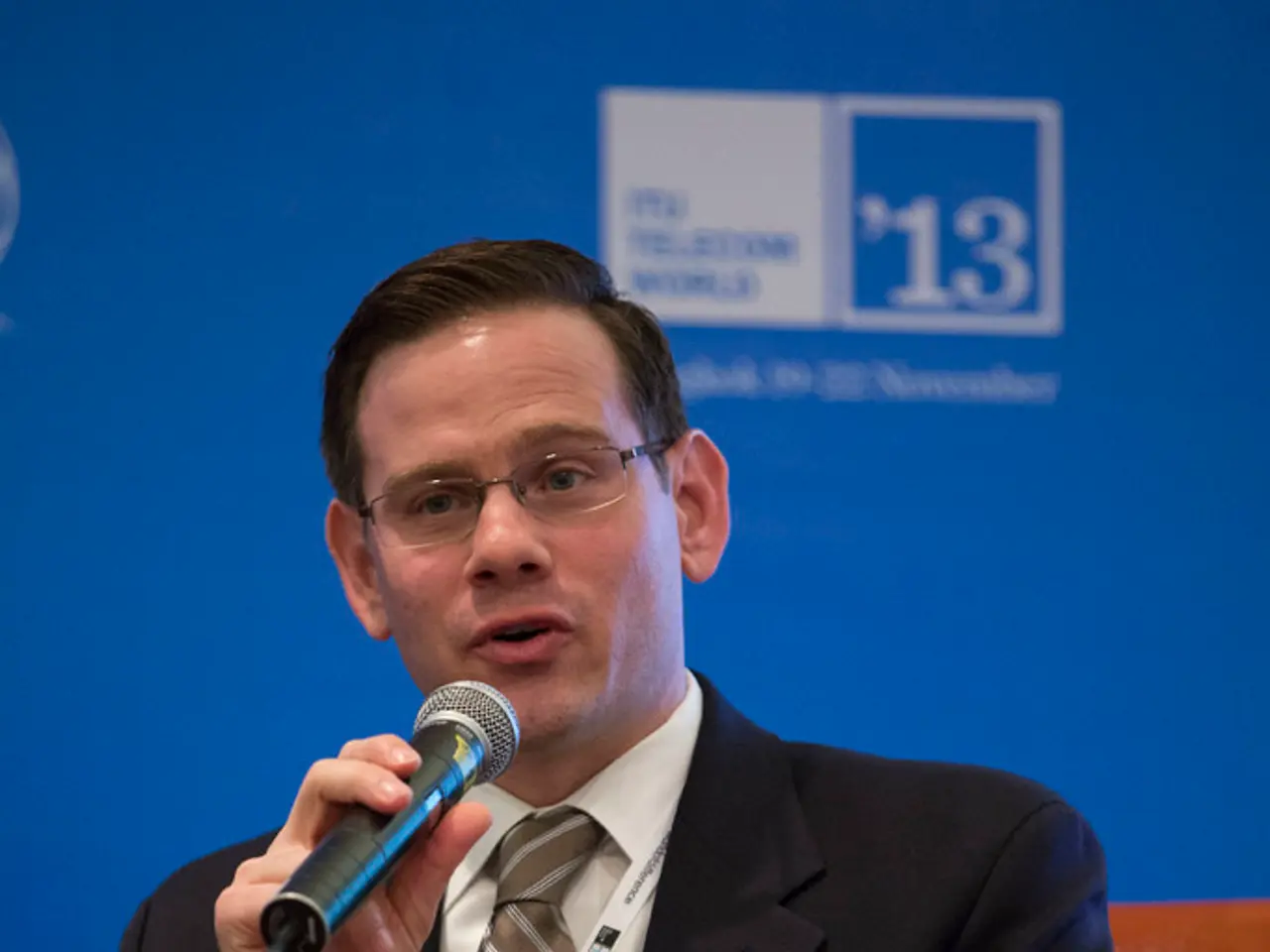Artificially intelligent technology now helps individuals regain their lost voices
In a groundbreaking development, Artificial Intelligence (AI) technology is being harnessed to assist patients with speech impairments in regaining their natural voices. This innovative approach is transforming the landscape of speech therapy and voice restoration.
One significant advancement is the advent of AI-Powered Speech Therapy. Companies like Constant Therapy are leading the way, utilising AI to deliver personalised speech and language therapies. These tailored platforms offer 24/7 access to exercises, enabling patients to engage in therapy outside of clinical visits, thereby enhancing their recovery process [1].
Pilot studies have demonstrated the efficacy of these platforms, with participants achieving statistically significant gains in aphasia assessments [1]. This promising technology is set to revolutionise the way speech therapy is delivered, making it more accessible and personalised for patients.
In the realm of AI Voice Synthesis and Restoration, technology is helping individuals who have lost their voices due to conditions like cancer or ALS. AI voice synthesis technology generates natural and personalised speech, striving to sound as human-like as possible [2]. This technology offers a new path for voice restoration, providing hope for those who have lost their voices.
Apps such as Vocal Image offer AI-driven voice evaluation and personalised training plans for speech recovery and voice modification [4]. These tools provide users with AI-assisted coaching, enabling them to improve their speech and communication skills.
Looking to the future, the integration of AI in speech therapy and voice restoration is not only improving patient outcomes but also expanding accessibility to these services. As AI technology continues to evolve, it is likely to play an even more significant role in helping patients regain and maintain their natural voices.
The AI-generated voices are designed to mimic the unique qualities of the individual's original voice. They can be controlled by the patient's facial muscles or a device. The AI then analyses the sample to learn the characteristics of the patient's voice [3].
AI-generated speech is already being used in customer service and media. In the context of speech restoration, the technology is being used to restore natural voices for patients who have lost their ability to speak due to diseases such as cancer [3]. This technology shows promise in improving the quality of life for patients who have lost their ability to speak.
However, it's important to note that the use of AI-generated voices in this context is still in the experimental stage. The process involves recording a sample of the patient's voice before their loss of speech. Some patients who have lost the ability to talk due to cancer or other diseases are already using AI to restore their natural voices [3].
The AI-generated voices are not limited to English and can be adapted to various languages. The development of AI-generated voices for speech restoration is a rapidly evolving field, promising exciting advancements in the future.
In the growing field of health-and-wellness, artificial-intelligence (AI) technology is increasingly being applied to various medical-conditions, including those affecting speech and voice. For instance, AI-Powered Speech Therapy is revolutionising speech therapy delivery, providing personalised platforms for patients recovering from speech impairments, such as aphasia [1]. Additionally, AI voice synthesis technology is offering new hope for individuals who have lost their voices due to conditions like cancer or ALS, by generating natural and personalised speech [2]. As AI technology continues to advance, it is poised to significantly impact the medical and health-and-wellness sectors, particularly in areas like speech and medical-conditions treatment.




